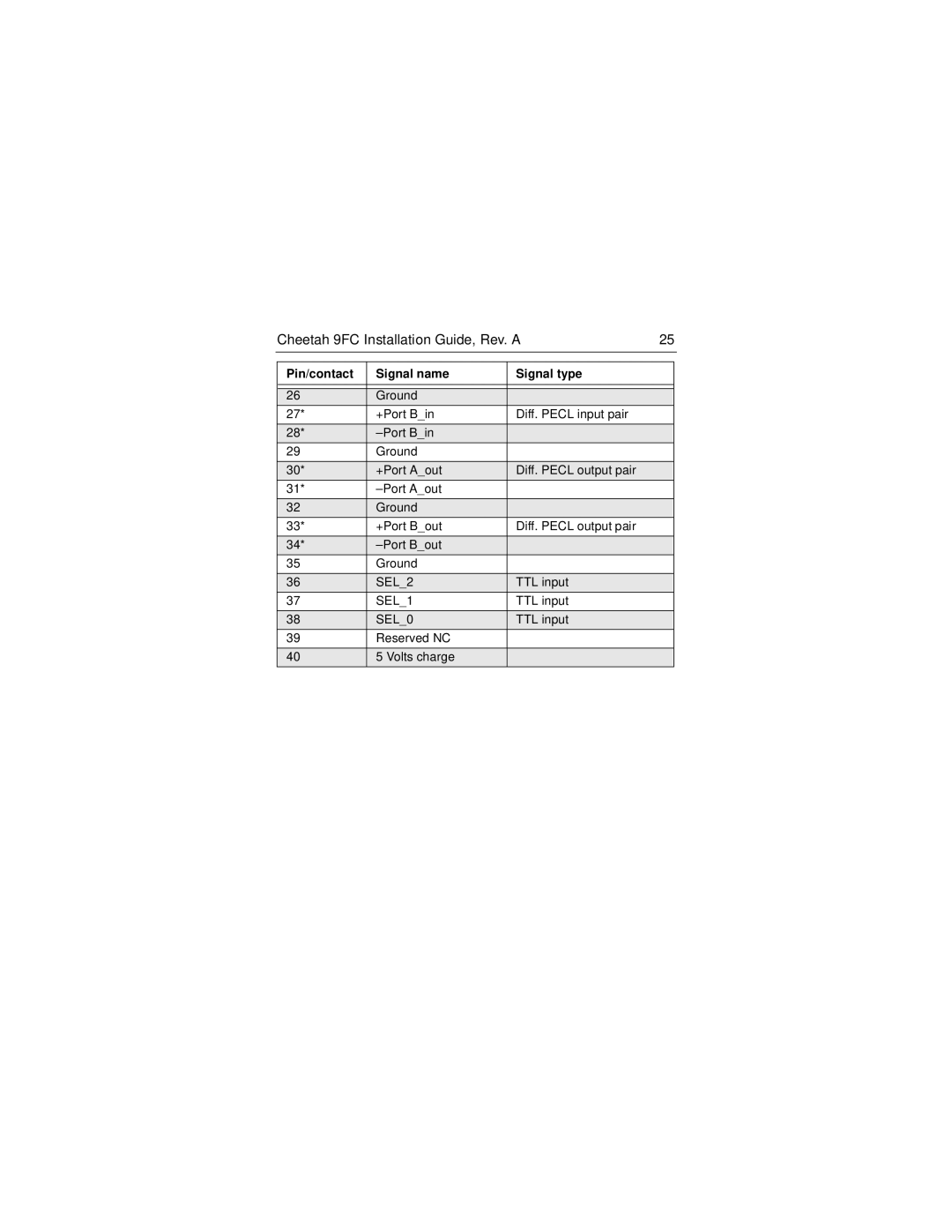ST19101FC specifications
The Seagate ST19101FC is a pioneering hard disk drive that made strides in the mid-1990s, primarily designed for enterprise and high-performance applications. With its formidable capacity of 9.1 GB, it was a significant breakthrough at the time, catering to the increasing demands for data storage in servers and workstations.One of the standout features of the ST19101FC is its SCSI (Small Computer System Interface) interface, specifically the Fast/Wide SCSI-2, which facilitates faster data transfer rates and improved performance. The drive's transfer rates reached up to 10 MB/s, enabling quicker access to data compared to previous models. This interface played a crucial role in its utility within a variety of computer systems, especially in environments requiring rapid data retrieval.
The ST19101FC utilized a 3.5-inch form factor, making it compatible with numerous server chassis and workstations of the era. Its spindle speed of 10,000 RPM significantly contributes to its performance metrics. This high rotational speed, combined with the drive's average seek time of around 5.5 milliseconds, results in low latency and rapid data access, vital for high-intensity applications.
This drive features an advanced error correction technology, ensuring data integrity during storage and retrieval. Additionally, it employs a sophisticated disk cache mechanism that enhances read and write operations, achieving higher throughput and reliability under heavy workloads. The ST19101FC also showcases Seagate's commitment to durability, designed to withstand the rigors of continuous operation, typical of enterprise environments.
Furthermore, the ST19101FC's capacity and performance made it well-suited for database management systems, video editing, and CAD applications that required efficient handling of large files and data sets. Although technology has advanced significantly since its release, the ST19101FC remains a notable part of Seagate's legacy, showcasing the evolution of storage solutions in the industry.
In conclusion, the Seagate ST19101FC is a testament to the engineering prowess of its time. With its competitive storage capacity, high-speed performance, and robust design, it has left an indelible mark on the world of enterprise storage solutions, setting the stage for subsequent innovations in hard disk technology.
